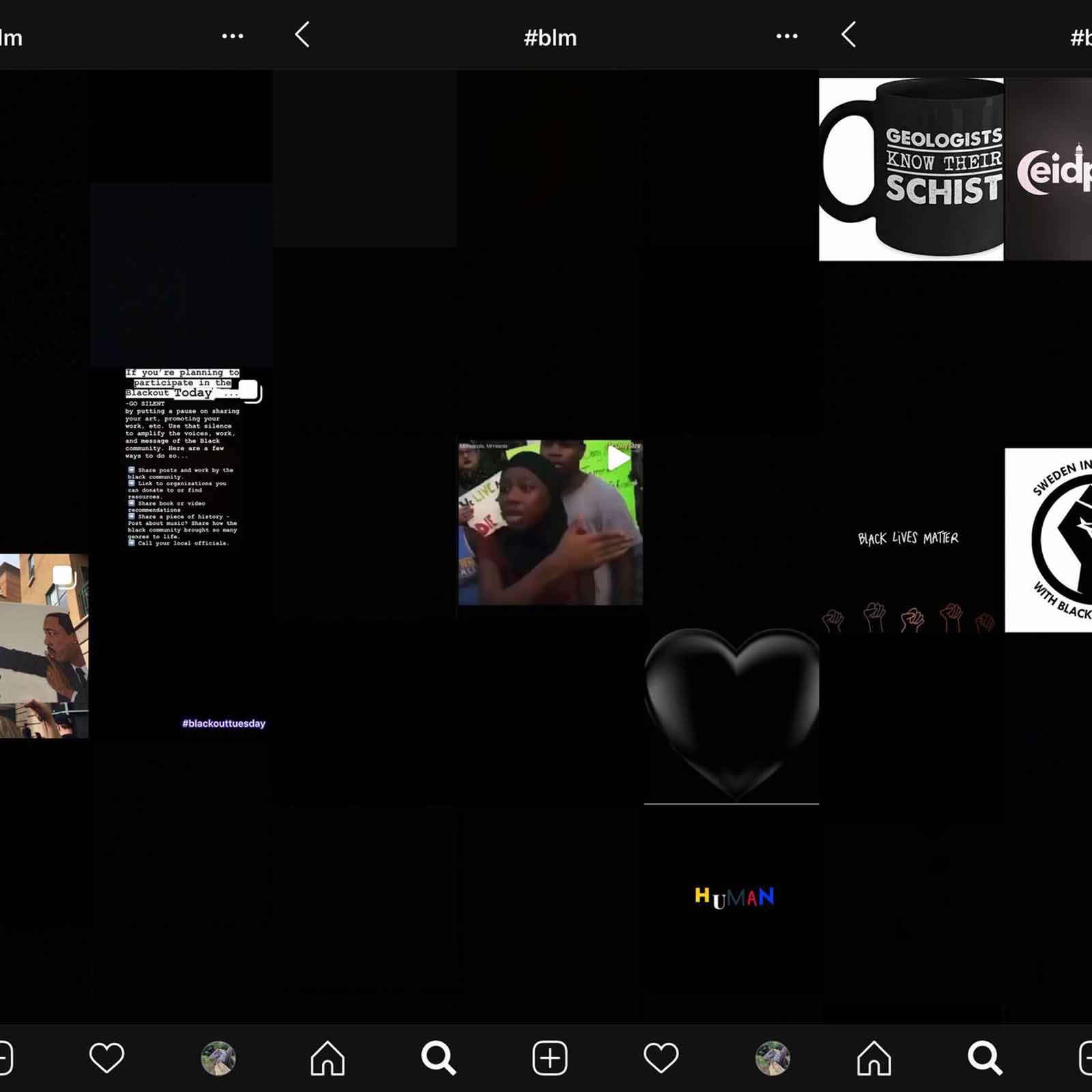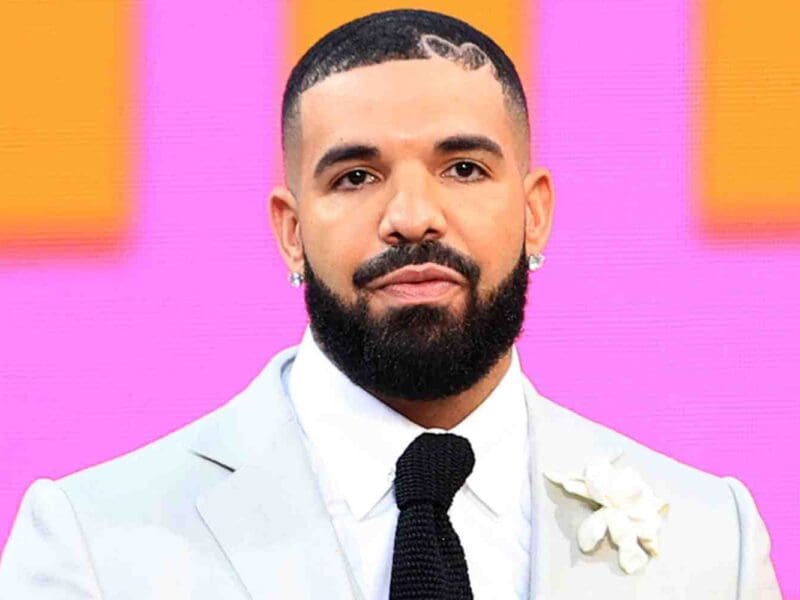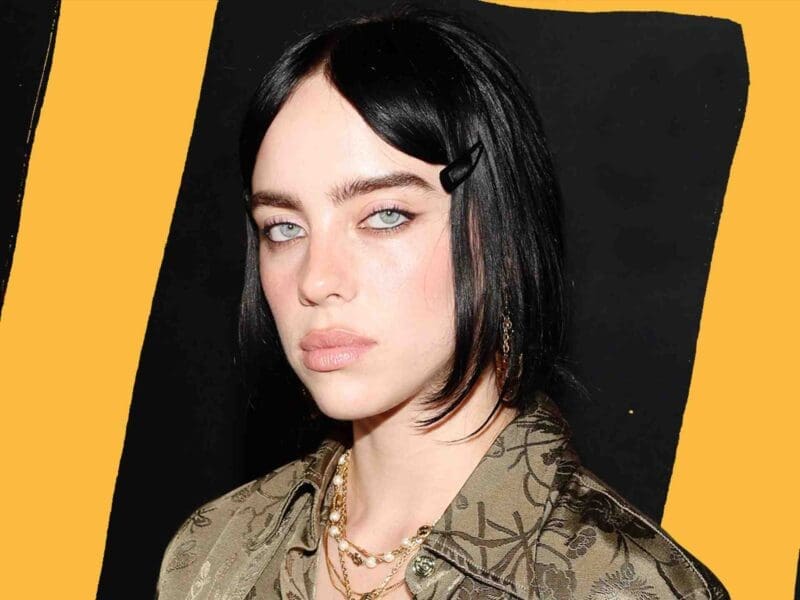
#BlackoutTuesday: The reasons why it’s not the definition of activism
Social movements such as #MeToo, #BlackLivesMatter, & #MarchForOurLives have revolutionized how the internet can incite tremendous activism. In these turbulent times, it’s essential to keep activism alive & thriving. But let’s just say, not all of these movements are gems.
#BlackoutTuesday (which is the generalized version of the original #TheShowMustBePaused) started as a way to advocate for policy change & mourning in the wake of George Floyd’s death. However, many have criticized the popular hashtag, worried that it is a distraction that is likely ineffective & performative.
Different organizations, brands, & individuals have caught onto the #BlackoutTuesday trend and have started posting messages with black backgrounds in order to showcase their position as an ally and call for a break from social media. Our question: Is this “activism” really activism – or has it transformed into something vain & potentially harmful?

The origin of #BlackoutTuesday
The concept of pushing pause on Tuesday initiated with two black women in the music industry, Jamila Thomas & Brianna Agyemang, who urged different industries to take some time to recognize the impact Black people have had on the industries. They posted the hashtag #TheShowMustBePaused on Instagram, saying:
“Our mission is to hold the industry at large, including major corporations + their partners who benefit from the effort, struggles and successes of Black people accountable.”
While the women asked no one to log off social media or circulate the hashtag, they do push for people “take a beat for an honest, reflective and productive conversation about what actions we need to collectively take to support the Black community.” The pause is for allies to start difficult conversations and for Black people to care for their mental health.

Their website makes statements about recognizing the ways that Black art has boosted the industry and the disproportionate wealth that has come from it. They also point people towards numerous petitions, funds, & anti-racism resources – encouraging actual action to be taken in order to aid suffering Black communities.

How #BlackoutTuesday became so popular
Many big names started the chain of spreading #TheShowMustBePaused such as Billie Eilish, the Rolling Stones, & Quincy Jones. However, the initial message of #TheShowMustBePaused seemed to get lost as it somehow morphed into the generalized #BlackOutTuesday.
Unfortunately, few of the celebrities & corporations who started going dark on social media carried on the initial message. While some like Sony Music posted that they are using the day in order to reflect, others like Kylie Jenner, Drake, & Tom Holland merely posted ambiguous black squares and then retreated.

Why not to use #BlackoutTuesday
The problem that has been pointed out by this #BlackOutTuesday popularity is that these figureheads are not sharing any valuable information with their masses of followers who will reshare whatever these influencers post. Not to mention, these posts bury important images of protests & other means of activism.
Singer Kehlani expressed her concerns with this movement. Noticing varying versions of the messages for #BlackOutTuesday, she tweets, “This is the only one without the saying go completely silent for a day in solidarity. The messages are mixed across the board and I really hope it doesn’t have a negative effect.”
Lil Nas X also spoke out against #BlackOutTuesday saying “this is not helping us. bro who the hell thought of this?? ppl need to see what’s going on.” Lil Nas X urges people to focus on what is actually happening with the protests rather than opting out of the scene by going dark.

Due to the inclination to join the trend and showcase their “activism” by being silent, many worry that vital activism is being overshadowed. The #BlackLivesMatter movement that has swept the nation with its powerful activism started getting washed out by the wishy-washy #BlackOutTuesday “movement.”
While many hearts might truly be in the right place by circulating #BlackoutTuesday, it’s essential that they take a step back and look at the bigger picture. Listen to the many objections before hopping on the bandwagon. Many have pushed for the day to be about the promotion of the black community instead of self-promotion.







